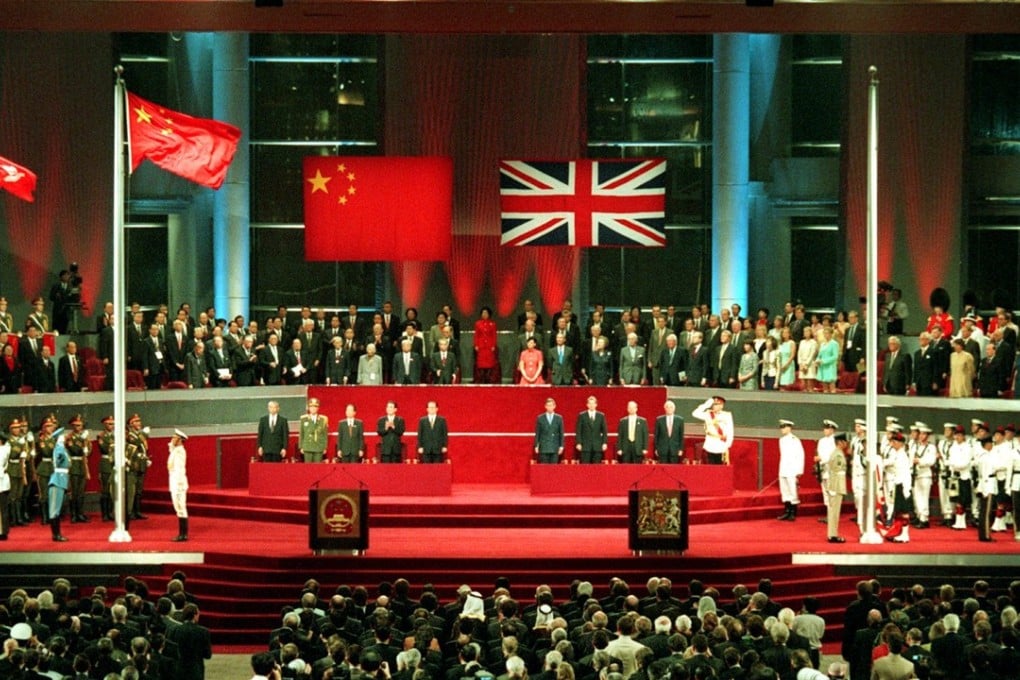Its sense of duty aside, can Britain play a relevant role in Hong Kong’s efforts to preserve its autonomy?
Pro-democracy activists believe Britain has an obligation to defend Hong Kong’s freedoms. But given the political realities, there’s little it can actually do for its former colony

On December 11, two months to the day he was denied entry into Hong Kong, British human rights campaigner Benedict Rogers plans to use his new-found infamy to fight a cause on the city’s behalf.
The former resident of Hong Kong will launch a UK-based initiative to monitor what he claims are “worsening” human rights, freedoms and rule of law in the place he last called home in 2002.
Rogers aims to lobby the British government and the international community against any violations of the rights and freedoms enshrined in the Sino-British Joint Declaration, signed in 1984 ahead of Hong Kong’s handover to China in 1997, and the Basic Law, the city’s mini-constitution.
Hong Kong Watch, the name of his new outfit, has so far secured support from several UK foreign policy heavyweights and politicians of different stripes, including political grandee Paddy Ashdown, a former leader of the Liberal Democrat party.
Barred UK activist’s new Hong Kong Watch group draws support from British foreign policy heavyweights
He said: “Britain does need to understand that it has a very special duty to Hong Kong and it needs to fulfil that duty.
